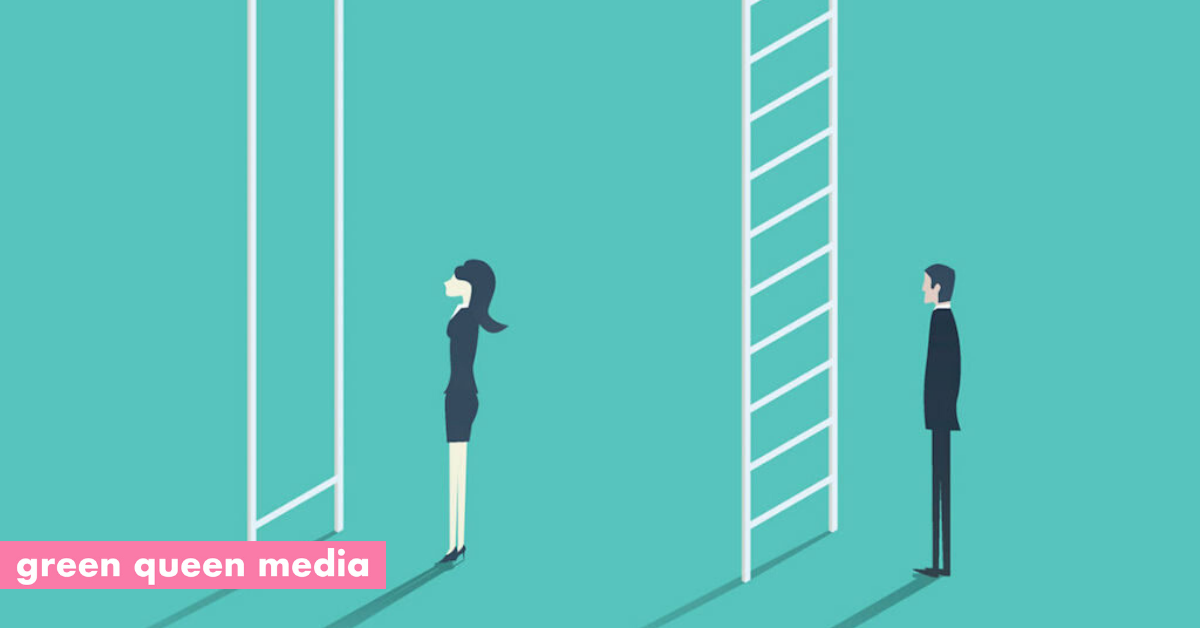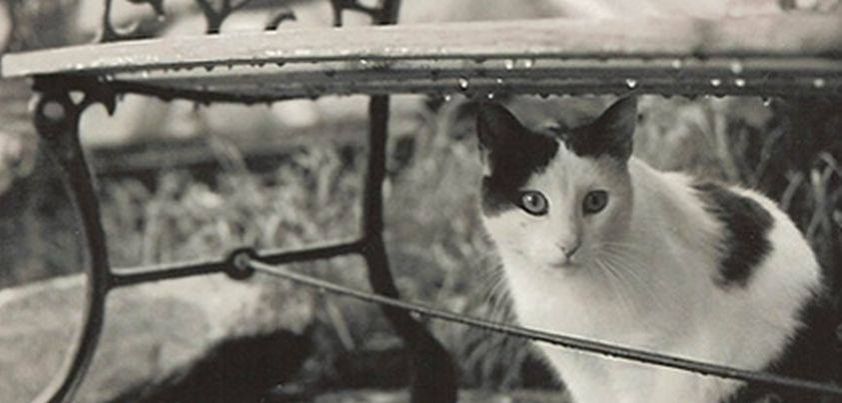Women and Inequality
The inequality faced by women in stories such as Pachinko, Cat in the rain, and Story of an Hour was not only forced upon them, but in a way it was reinforced by the women's misconceptions of their place in society.

As many are aware today, the oppression against women has been something enforced by society, especially men and patriarchal beliefs. What some may not know is that women have also brought the misconception upon themselves. In Pachinko, Sunja was constantly told by the women around her that she needed to devote herself to her husband “otherwise another woman will”. Yangjin, Sunja’s mother, herself was devoted to Sunja’s father, and enforced this thought process on Sunja too. To someone young and innocent, another woman’s words, especially someone the young girl looked up to, would be taken heavily, and possibly influence her mindset and perspective. In Pachinko, Sunja later meets Kyunghee, who has been in a patriarchal relationship with a dominating husband. While the women spoke to each other, they all acknowledge their suffering, but due to their created misconception, they think nothing of their suffering, rather they think it’s a part of a woman’s life. ““Go-saeng… a woman’s lot is to suffer.” “Yes, go-saeng.” Kyunghee nodded, repeating the word for suffering.” All three of the women in this conversation have been programmed to believe that they were not as important as men, and that this was just life for a woman, no matter how hard it gets.
An article on Women's Complicity further expands on where this misconception truly originates from. The article itself mentions a “situation of dependence and subordination [that] distorts [women’s] psychology” which existed heavily during the time of Pachinko. If we look at this situation through historical analysis, many women were not allowed to work jobs - whether it be by their husbands, fathers, or brothers - and this made them financially dependent on their husbands. Kyunghee from Pachinko was told by her husband that “he’d never have his wife work” although their financial situation required more than one income.
The dependency and subordination plays into the psychology of women, finding themselves applying certain restraints onto themselves, which are supported by their husbands beliefs. In Cat in the Rain, the wife is constantly told what not to do by her husband, and her Sense of Self is missing, as we have seen in other women like in Pachinko with Sunja, Kyunghee, and Yangjin. The wife’s empathy for the cat stemmed from her own oppressed situation where the wife was dependent - although she didn’t want to be - on the husband’s ideals. When the wife is finally able to realize her oppression and will to break from it, her husband answers with “Oh shut up”.

Now, since we don’t know much about the wife or people around her other than her husband, it is safe to assume that much of her restraint comes from her husband. The husband’s blatant words create a misconception of the wife’s importance, and only when the padrone gives the wife importance, we see the wife trying to break from her own oppression. The wife wants to do all the things that she stopped herself from mentioning because of her own instilled unimportance.
While Pachinko and Cat in the Rain focus on how women formed their own misconception, Story of an Hour takes an approach to observe what happens when a woman realizes that she is “free”. Mrs. Mallard’s initial realization is portrayed as a sort of awakening, where the driving force that oppressed her had passed away. For Mrs. Mallard to connect her oppression to her husband showed that while he was alive, the husband forced his perception onto Mrs. Mallard.
What’s even more interesting in Story of an Hour is the role that the sister, Josephine, plays during Mrs. Mallard’s “crisis”. Josephine believes that Mrs. Mallard is “making [herself] ill” by locking herself in her room. Josephine expected Mrs. Mallard to be negatively affected by the husbands death, since an important part of Mrs. Mallard’s life had just passed away. The sister is a stereotypical woman with stereotypical views, as she lives up to what was expected of her; consoling her sister who had just lost her husband, a person who many women find themselves dependent on. Knowing that Mrs. Mallard’s sister symbolizes stereotypical women during the time (around 1894) gives us more insight on another person, especially a woman, who molded Mrs. Mallard’s perception of patriarchal roles. To Josephine, Mr. Mallard’s death has no positive side. She only sees it as loss, while Mrs. Mallard finds freedom in her loss. Josephine’s constraints go hand in hand with Mrs. Mallard’s freedom, since Mrs. Mallard was able to break from her constraints and misconceptions although it didn’t last long.

All of the women in these stories have been programmed to see themselves as in a lower position in society than what they actually are, and these misconceptions stem from the people around them. Whether it be the case of Pachinko, where the main character is surrounded by women telling her about the importance of devotion toward her husband, or Cat in the Rain and Story of and Hour, where the misconception is formed from the treatment of the men towards the women, either way a misconception is formed, and breaking from that misconception is proven to be difficult. Many women suffer from Psychological Effects of Gender Inequality, and this applies to women no matter their background. The misconceptions, paired with the psychological effects can be proven deadly, and the only way to solve the problem is getting rid of the inequality at its roots.

Comments
Post a Comment